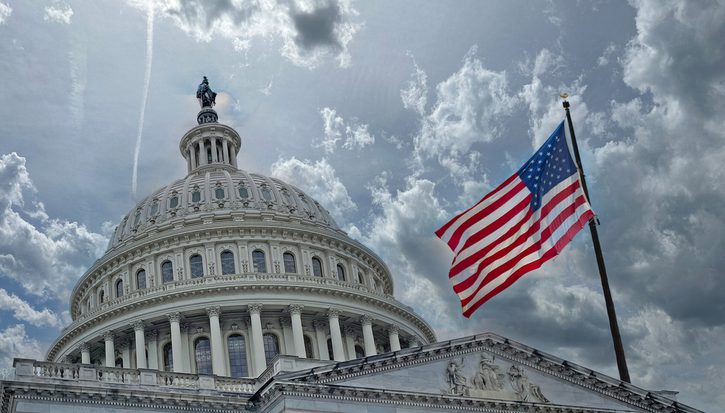The third wave of globalisation
Article
'An important intervention' - Will Hutton
The report argues that the world is facing the third wave of globalisation, one characterised by the lack of a single leading nation or foundational project. Lord Mandelson, who led IPPR's Future of Globalisation project, outlines the crucial challenges posed by this 'third wave':
'In the increasingly multipolar world in which we live, it is arguable that no single world view will emerge to define the way we manage globalisation. But, while the end of a world in which the west dictated the terms of globalisation is not necessarily a tragedy, a world without a shared set of principles for managing globalisation would be. This report is not na?ve about the prospects for global governance, but it argues for new rules accepted by developing and developed countries alike, because 'no rules' is not a sustainable option.
'We must learn (or re-learn) the simple fact that we need effective states and governance to get the best out of globalisation. All of our recommendations start from the assumption that the tools of international and domestic governance need to be used strategically, to preserve the good in globalisation and to counter and minimise the bad.'
The report analyses the underlying and resulting global economic and social trends, including growth and inequality, and also presents evidence from globalisation experts and participants in China, India, Brazil and other key player nations.
Related items

Prophet, spoiler, or free rider?: The United States and climate change
Global climate action sits firmly in the crosshairs of the Trump administration.
Resilient by design: Building secure clean energy supply chains
The UK must become more resilient to succeed in a more turbulent world.
Policy credibility and the Scottish Budget